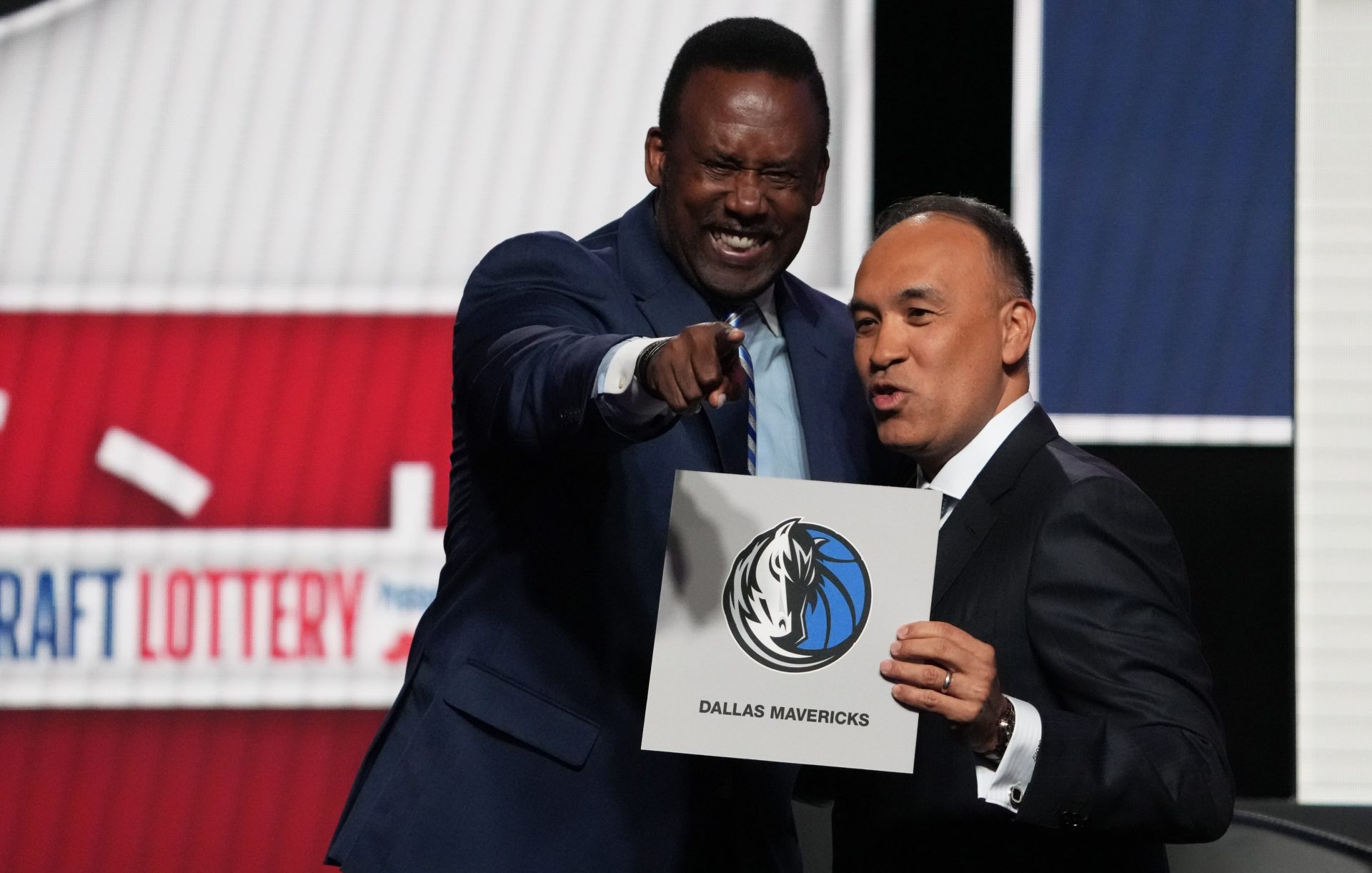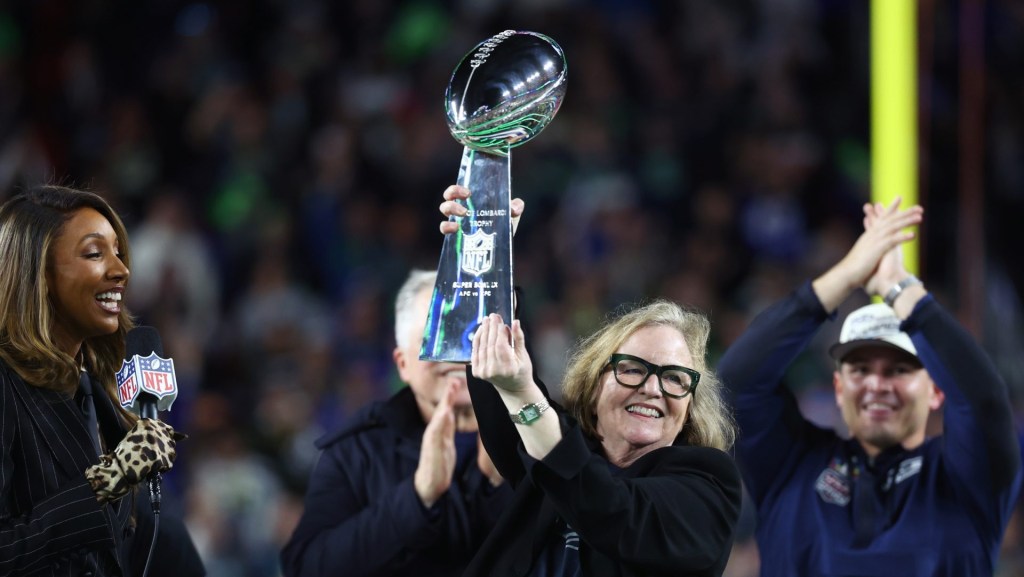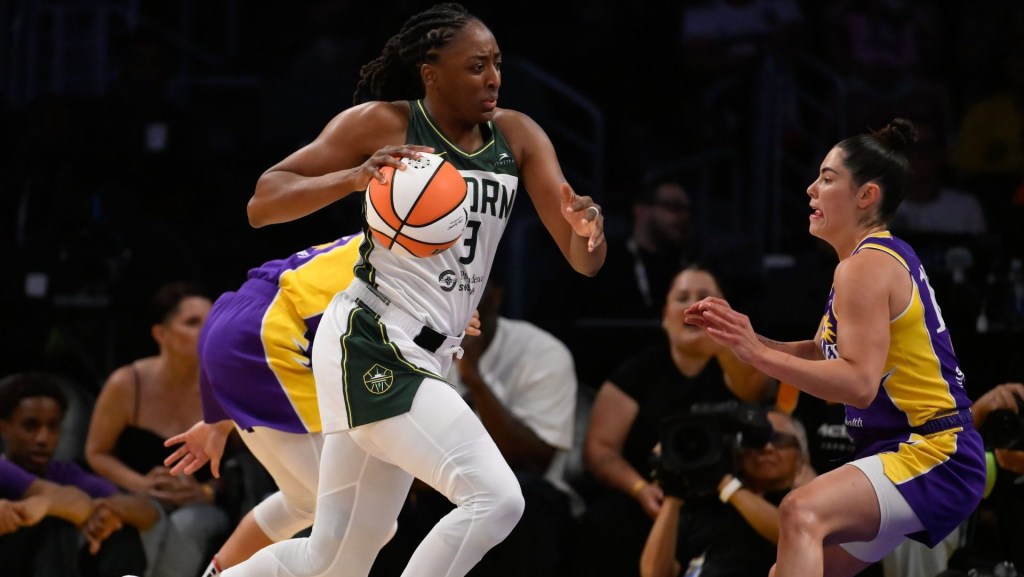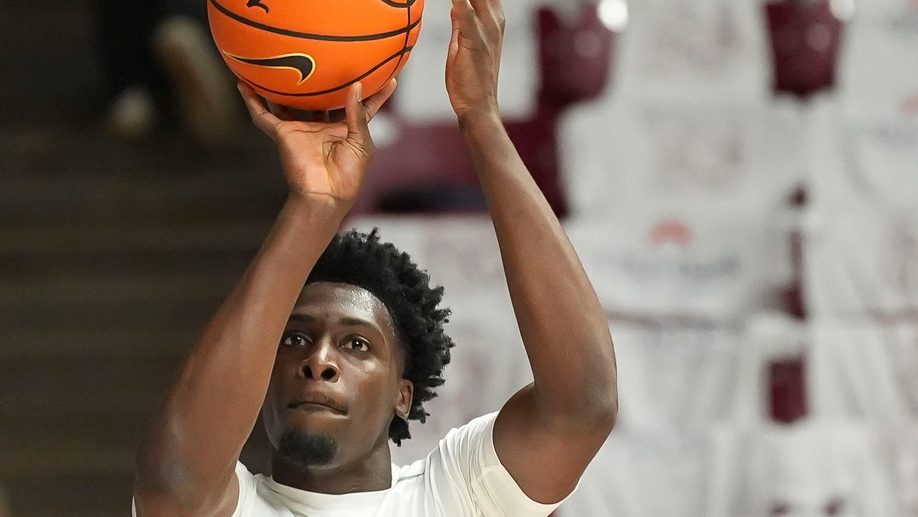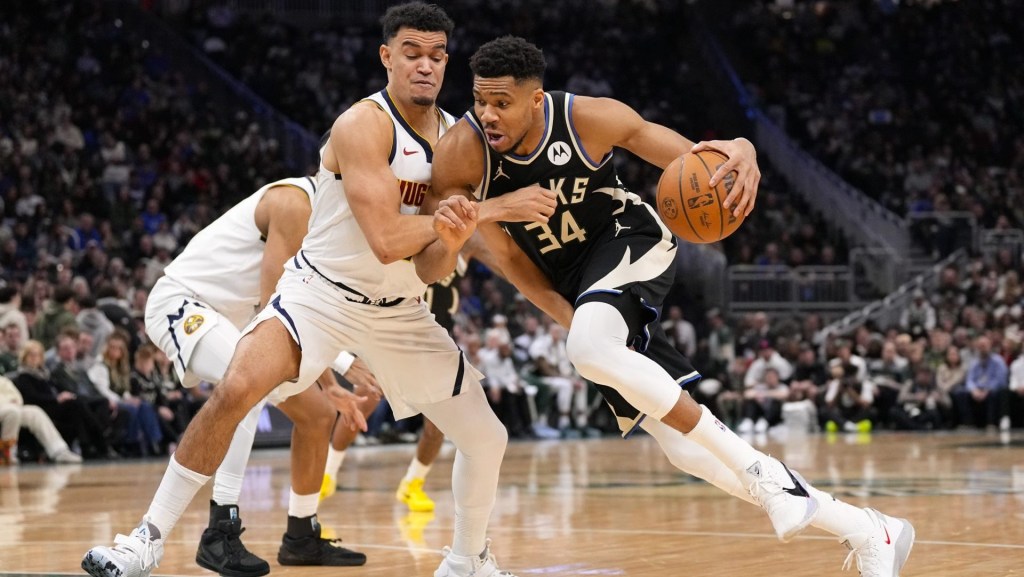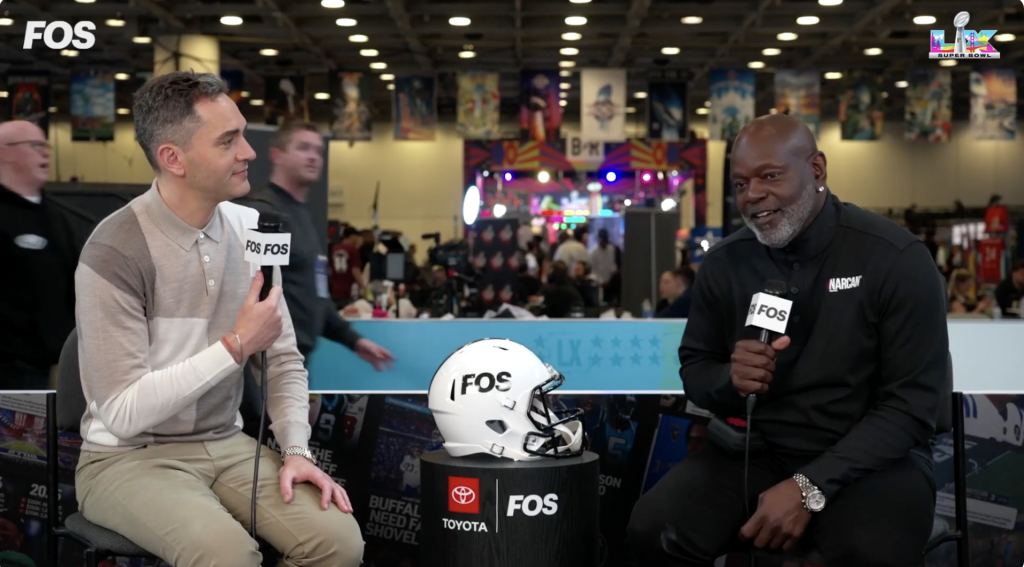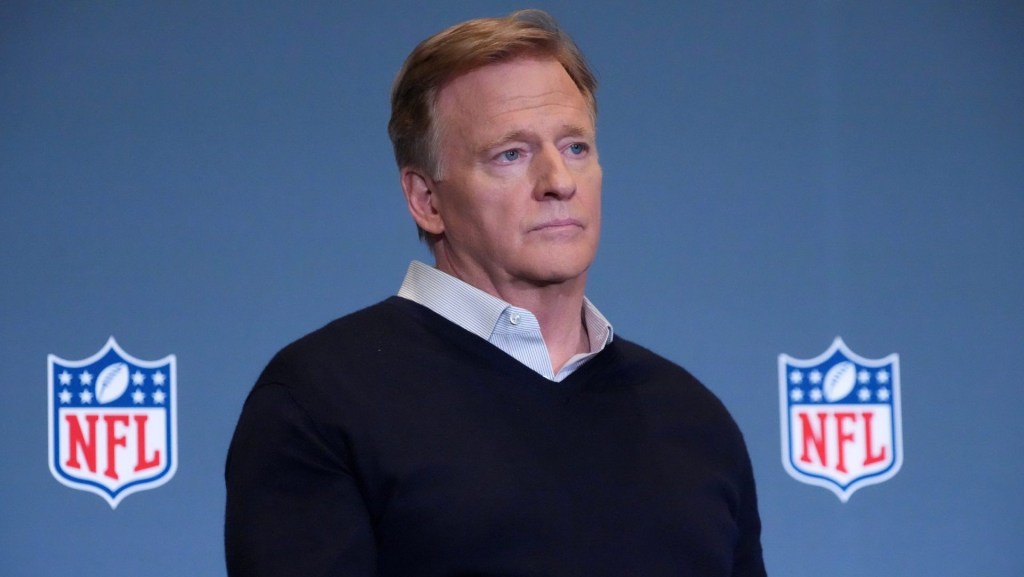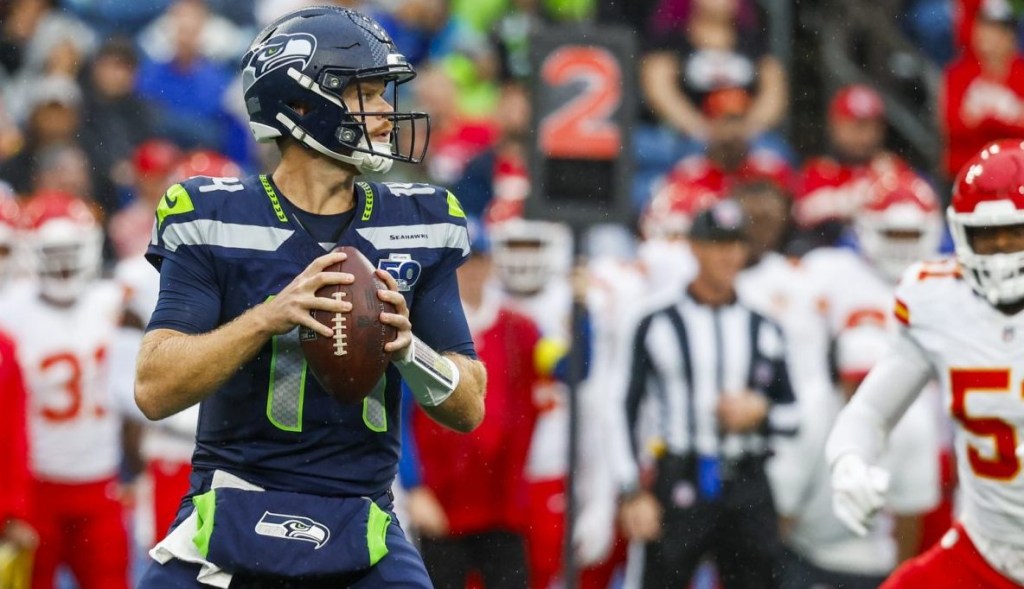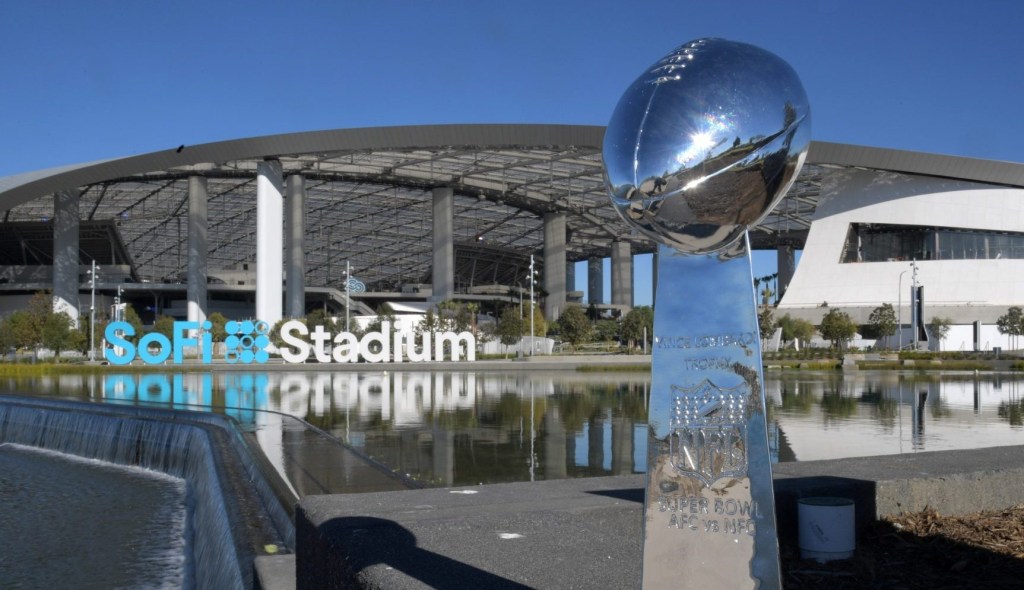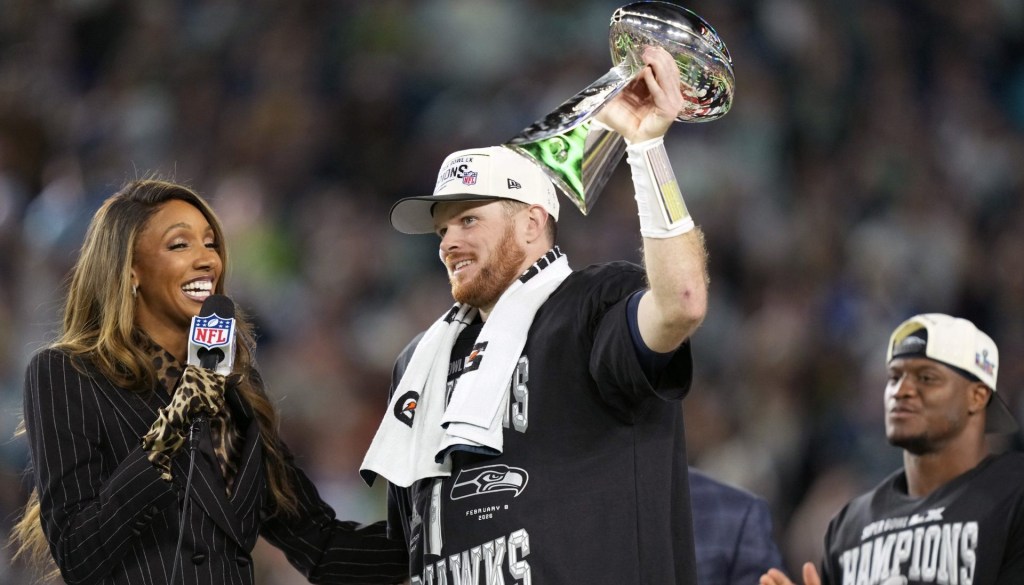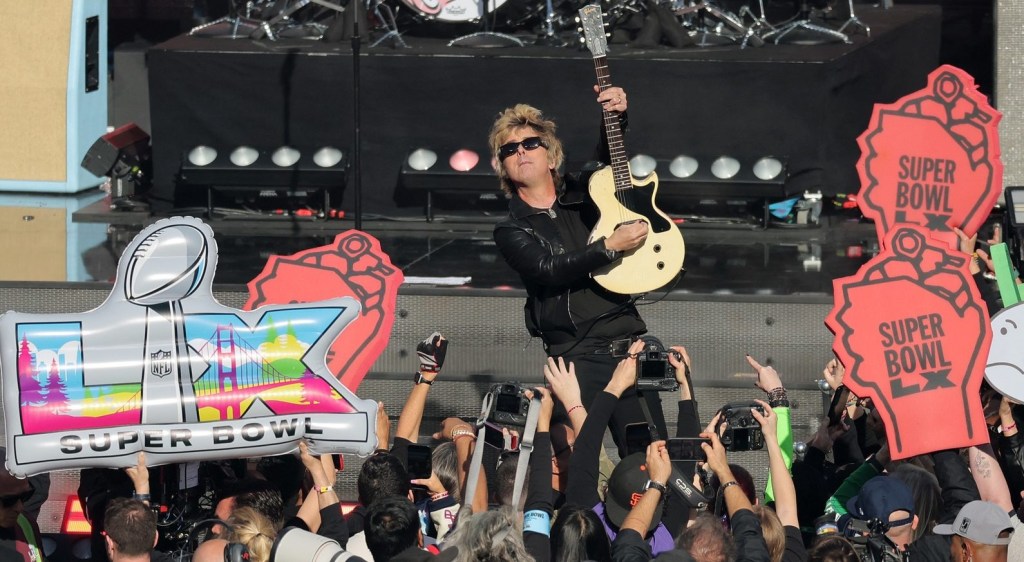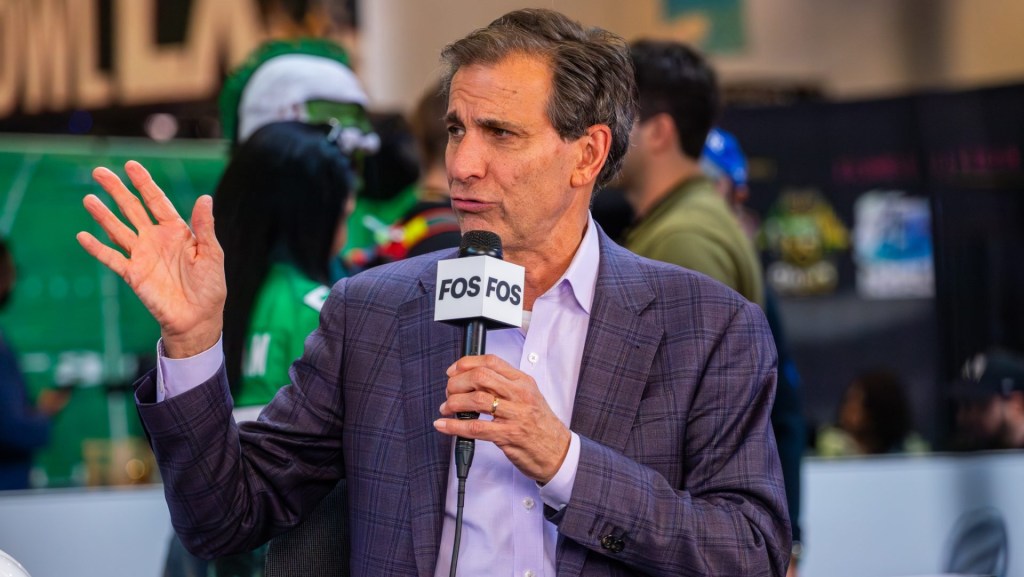Cavaliers CEO Nic Barlage knows a thing or two about the NBA Draft lottery.
Few teams have had the amount of ping-pong ball luck that Cleveland has. The team won the lottery in 2003, drafting LeBron James, and then won the lottery in 2011, 2013 and 2014 after James left the franchise the first time in 2010.
The Cavs have mostly profited from their lottery success. In addition to James, they drafted Kyrie Irving No. 1 in 2011 and traded the 2013 pick (Anthony Bennett) and 2014 (Andrew Wiggins) for Kevin Love. Irving, James, and Love teamed up to deliver the 2016 title, while Bennett is regarded as one of the biggest busts in NBA history.
In light of the Dallas Mavericks winning the lottery Monday just three months after trading Luka Dončić to the Lakers, Barlage understands the skepticism that comes with winning the lottery.
“It’s absolutely not rigged,” Barlage said on Front Office Sports Today. “I mean these things obviously live in the social media sphere. Look, it’s an interesting narrative for sure. Let’s not deny that. We’re not going to sit here and say that it isn’t. But we’ve been the beneficiaries of that over time, whether it’s LeBron or Kyrie or even a number one pick we had that we ended up trading away.”
The Mavericks won the lottery despite having odds of just 1.8% to do so. Two of the Cavs lottery wins have come with similar odds. They won the 2014 lottery with a 1.7% chance and won in 2011 with just a 2.8% chance.
The conspiracy theory of the draft lottery being rigged has been around as long as the lottery itself. Ever since the Knicks won it in 1985—which came with the ability to draft Patrick Ewing—theories have been floated that the lottery is fixed for big markets or special circumstances.
Barlage was with the Cavaliers as a vice president of sales when the team racked up its three post-LeBron lottery wins. He said Monday night’s results are reflective of how both talent and success are spreading across the NBA instead of the rich getting richer.
“These things happen for a reason,” Barlage added. “If anything, in my opinion, it further reinforces the parity we’re seeing across the NBA right now, which has the league at so many different levels of achievement historically. And I think all that benefits the success of the NBA.”
